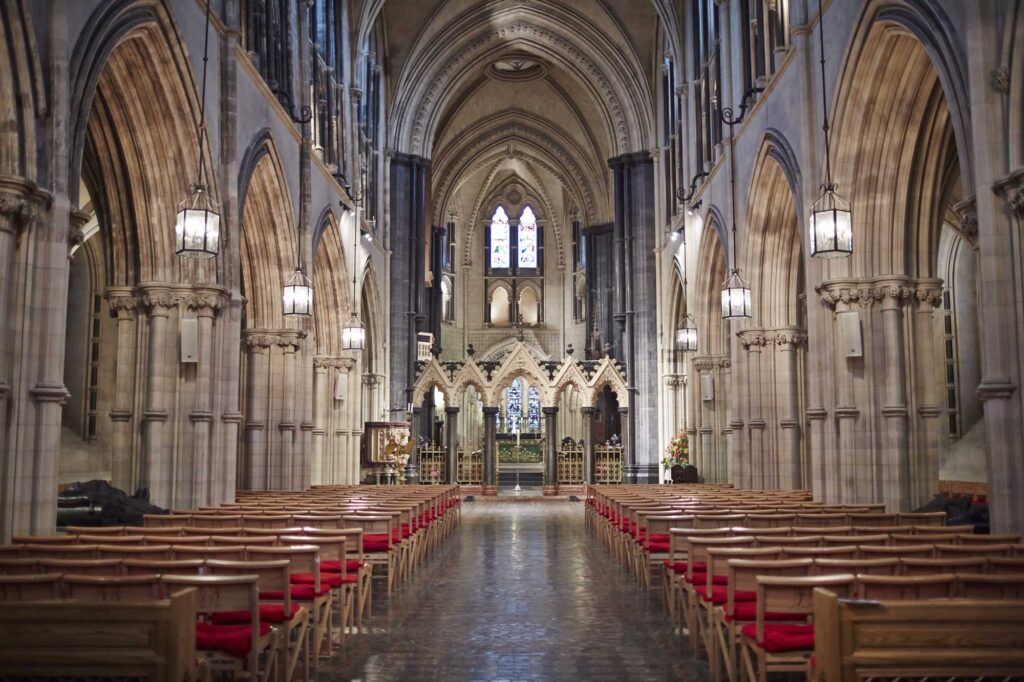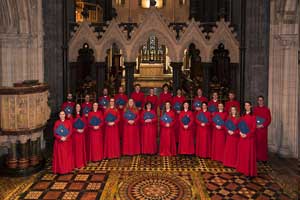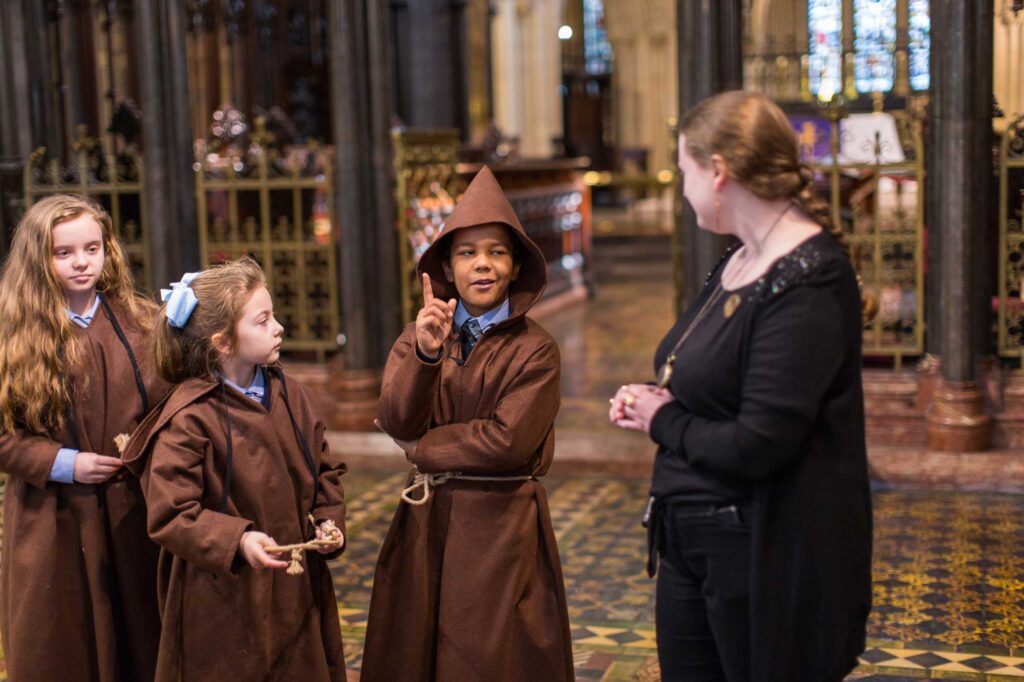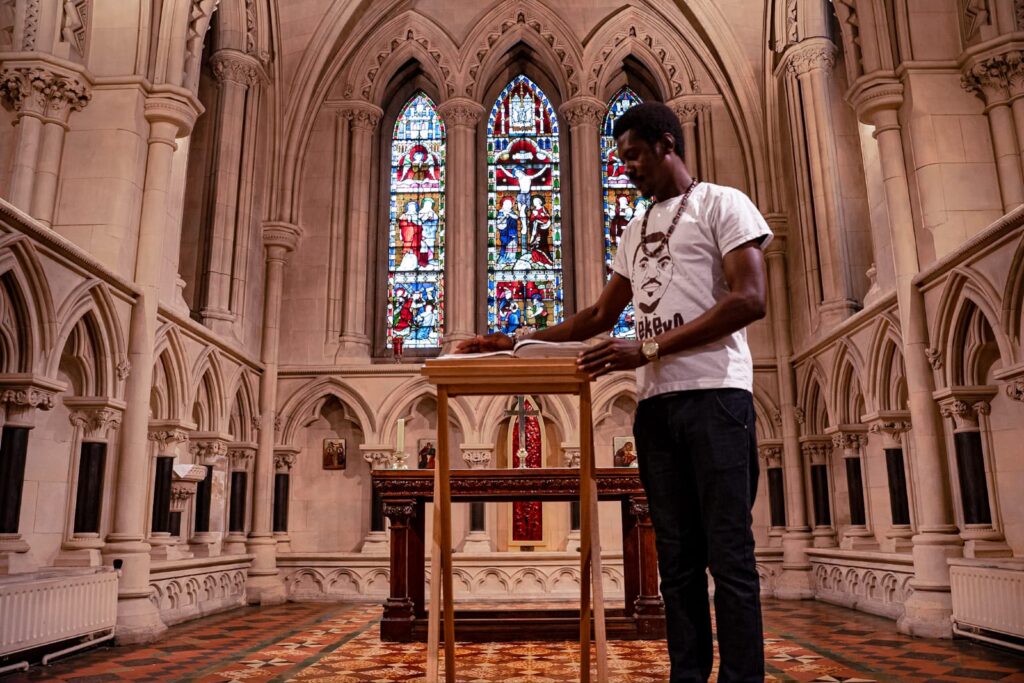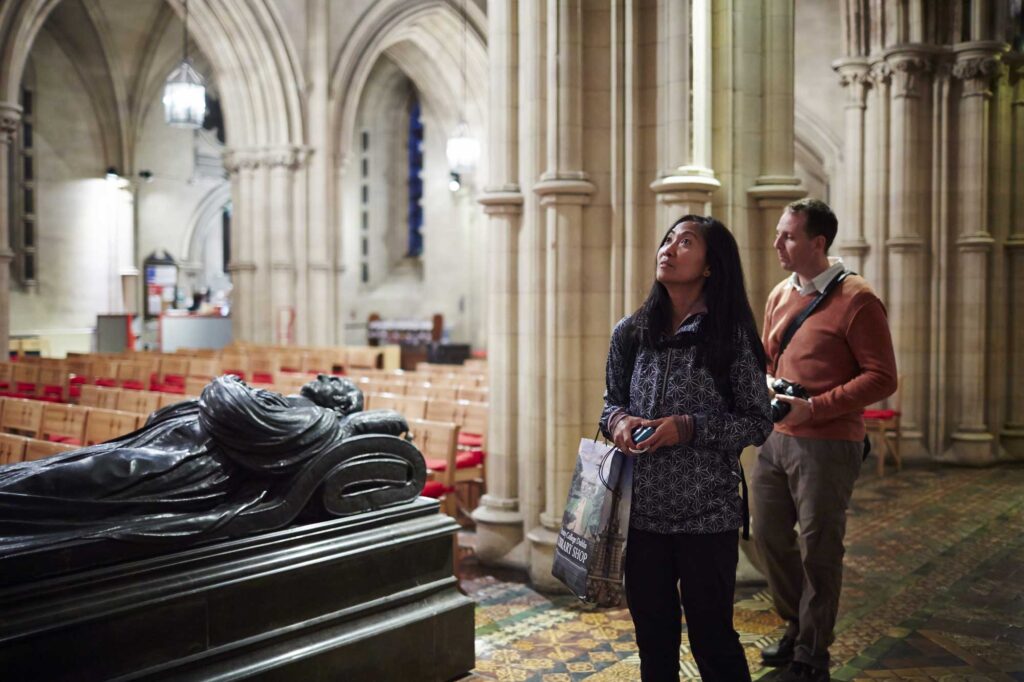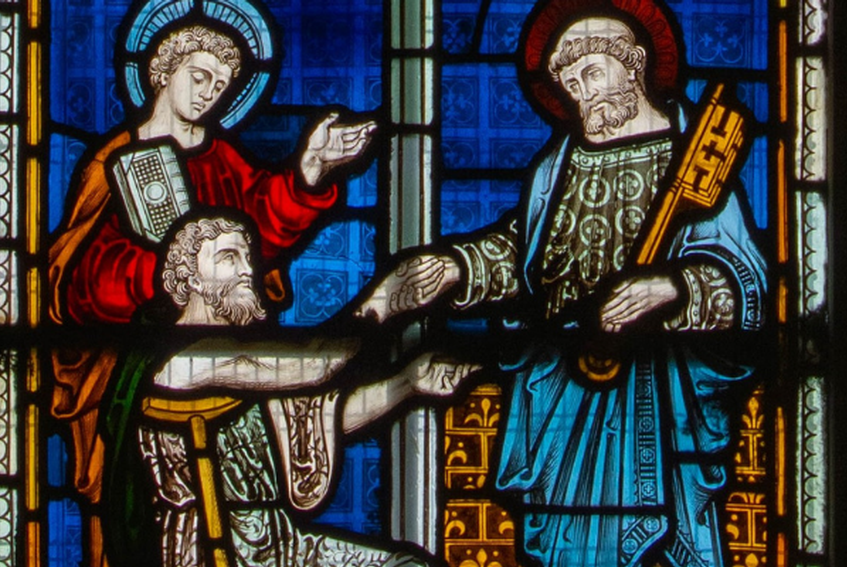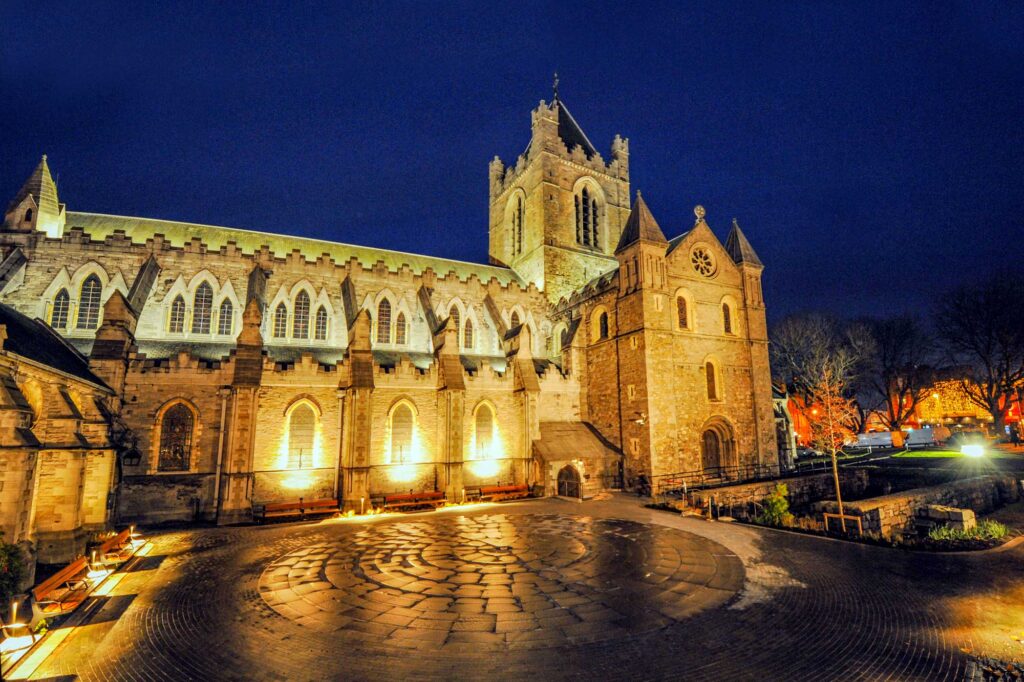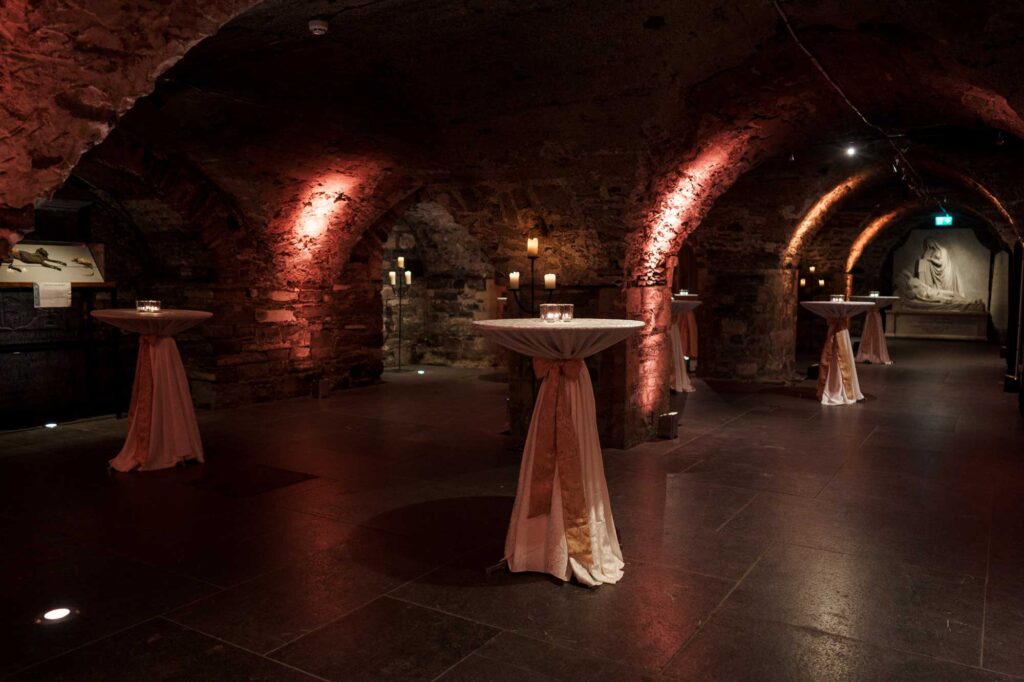“We’ve got High Hopes” – Yes that’s what the Advent season is all about, High Hopes.
The prophet Isaiah, in the devastated Jerusalem and shrunken Judea that confronted Jewish families returning from the Babylonian exile, encourages his despairing community with “high hopes”. In our Gospel reading, John, the fore-runner of the Messiah, promises the arrival of the one who will change everything, baptising with the Holy Spirit and with fire.
And today, who are our prophets – who are our comforters? Who offers inspiration and hope?
It has been a disturbed and disturbing autumn – abroad, the rising threat of radically alienated Islamists in the ISIS movement, with their horrifyingly unjust executions of westerners of good will. At home, the Irish Water debacle, health service and sex abuse scandals, and the desperate scramble to at last address the homelessness crisis in our cities. And now it seems that the climate change talks have almost stalled. We certainly need hope. And at a time like this it is easy enough to identify with the apocalyptic hopes of the Jewish people, suffering under the rule and tax demands of successive foreign empires.
We too, when the situation seems hopeless, tend to look for a deus ex machina. Sometimes it seems that only a divine intervention will do; that the slate needs to be wiped clean; the day of vengeance for our God made manifest. Only a power for good from beyond our world can fix things, we feel, can restore justice and peace and overturn the results of human sinfulness. Or maybe we are tempted to take matters in our own hands and bring down all the powers that be, those we blame for all that has gone wrong.
Apocalypse now?
Well, perhaps not. Perhaps God still wants to work through us, not against us. If only we will cooperate.
The most inspiring example of such cooperation over the past week, for me, was offered by the “High Hopes” Choir of homeless people, sought out, organised, coached and directed by David Brophy, I happened on their rehearsal programme on RTE last Thursday evening; and it was good to hear that this cathedral had been involved in their work – offering this space for their final concert, to be broadcast this week.
What for me about this undertaking offers inspiration and hope is the way it has lifted people near to despair up to a place, indeed, of “High Hopes”, singing their hearts out tunefully, backed by an RTE orchestra no less, some of them singing solo with increasing confidence . . .
I’ve got high hopes, it takes me back to when we started
High hopes . . . go out and start again
High hopes – and the world keeps spinning around.
Yes, it takes more than providing emergency beds and soup runs to rescue people who have fallen on hard times. It takes love, personal attention and encouragement, and the sense that however worthless a person may feel they still have talent, they are still lovable, they have something to contribute to the world around them. And this, it seems to me, is what David Brophy and those working with him have provided. “High Hopes” indeed, and a new sense of self-esteem and desire to contribute for those who had no hope.
My prayer is that this little bit of redemption will continue, not fall by the wayside once the programmes have been completed. That it will also be the inspiration for many more such initiatives “to bind up the broken-hearted . . . to offer a garland instead of ashes, the oil of gladness instead of mourning, a mantle of praise instead of a faint spirit.”
What can we do to be a part of this movement? The answer for each one of us will be different, and many of us may already be weary of attempting to do good – made guilty and distressed by the avalanche of begging letters coming through the letter-box at this time of year – “You can feed a child”, “Provide water for this village”, “Give sight to babies going blind”, “Help us house the homeless”, “Donate now to end Ebola”, “Send fifty euro by credit card”, “Sign up for monthly payments” – and so on.
We too may be in need of help, struggling with bills, desperately missing a loved one, anxious about our health, frustrated in our job or depressed by being jobless. Many of us here today, in this apparently privileged place of worship, may be feeling unable to cope with one thing or another. And we are all entitled to look for help! We are entitled to be assured that we are valued and loved.
But equally we are all able to give help of some sort, and St Francis was right in saying that it is in giving that we receive. Not necessarily money or material things; maybe just time, attention and concern. Maybe just a bar of chocolate and a smile to the person selling The Big Issue, whether you buy the magazine or not. Maybe carrying some one’s shopping home; or offering a word of praise to some one who feels unappreciated. Maybe continued befriending and encouragement. Maybe an actual present. Whatever!
And it’s not only individuals who are called to offer help. Institutions too, not just government departments but communities, churches – and cathedrals. I know this cathedral does help; the Dean’s recent sleep-out alone, and the funds he raised for Focus Ireland, show that. But there is always more to do. Only the other evening I was chatting with a young clergyman who came to faith through the ministry of an Anglican cathedral on the west coast of the USA. How did that happen? Not through glorious music or great preaching. No; it was because of the cathedral’s work with the homeless, who were accommodated in tents and provided with cooking facilities within the cathedral’s precincts for a time. The cathedral inspired him by bringing good news to the oppressed. May we offer such inspiration here too, always.
And s we approach Christmas this year, preparing to celebrate Christ’s coming as a helpless baby, showing us the length and depth and breadth of God’s love, let’s remind ourselves that God wants to live and love in every one of us, and in every group of us. We are all called to incarnate God’s love, as Jesus did, to show forth that love to all around us – especially those who at first seem hard to love. With God’s help, we are all called to be Christ-like, to bring good news to the poor and bind up the broken-hearted. And God does offer that help, so we can indeed have “high hopes”.
So let us then resolve to become more deeply aware of each other’s needs, whether physical, emotional or spiritual; and let us resolve with God’s help to meet at least some of them.
Apocalypse now?
No; that is not what Isaiah suggested and it is not what we should look for either. Because beyond his message of hope and reassurance, the prophet sees the people taking responsibility for their own lives, and that is what we are called to do today. “They shall build up the ancient ruins, they shall raise up the former devastations, they shall repair the ruined cities, of many generations . . . and as a garden causes what is sown in it to spring up, so the Lord God will cause righteousness and praise to spring up before the nations.” “And they will be called oaks of righteousness.”
Let us have high hopes that we too may become “oaks of righteousness”, bringing light, life and restoration to all around us – and joy to our own hearts. With God’s help, because without God, we cannot; and without us, God will not, as St Augustine put it long ago. May God sustain us in our resolve and enable us through the Holy Spirit. In Jesus’ name. Amen.
Ginnie Kennerley – 3rd Sunday of Advent 2014

